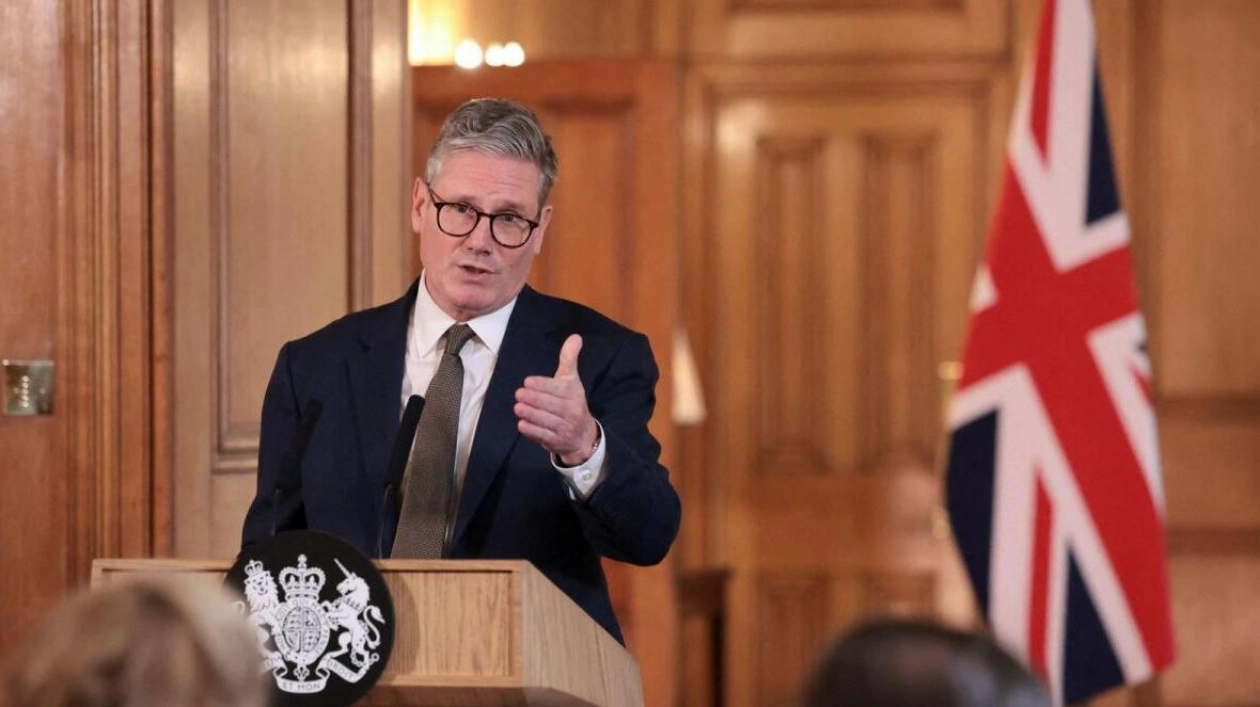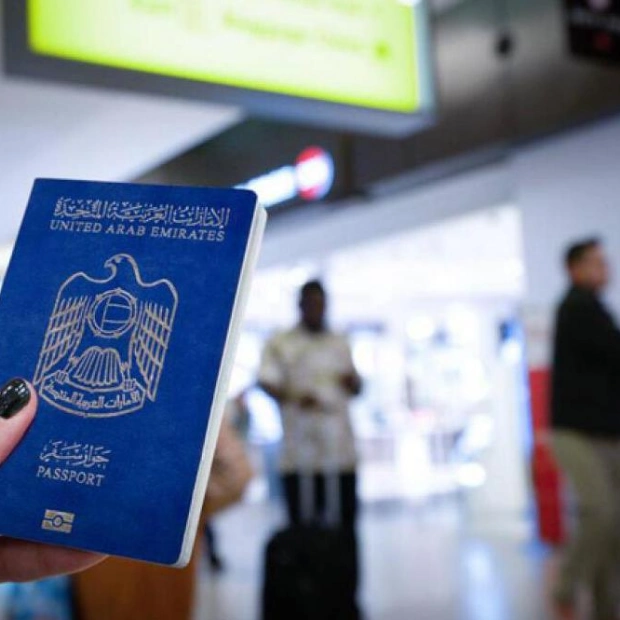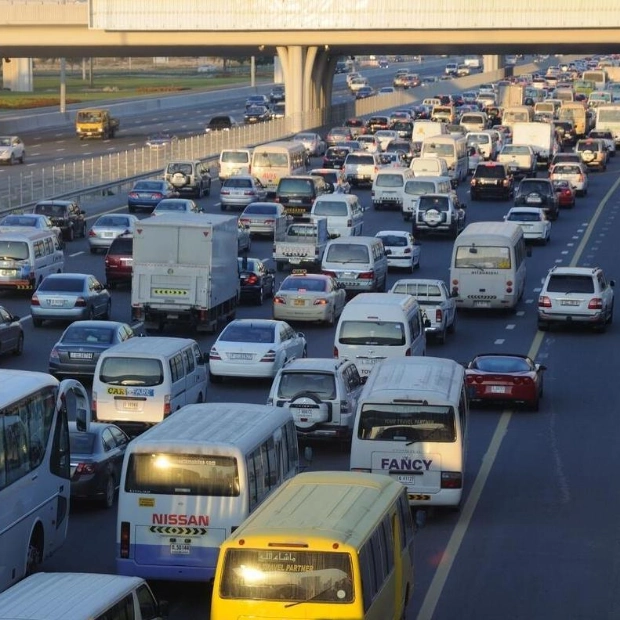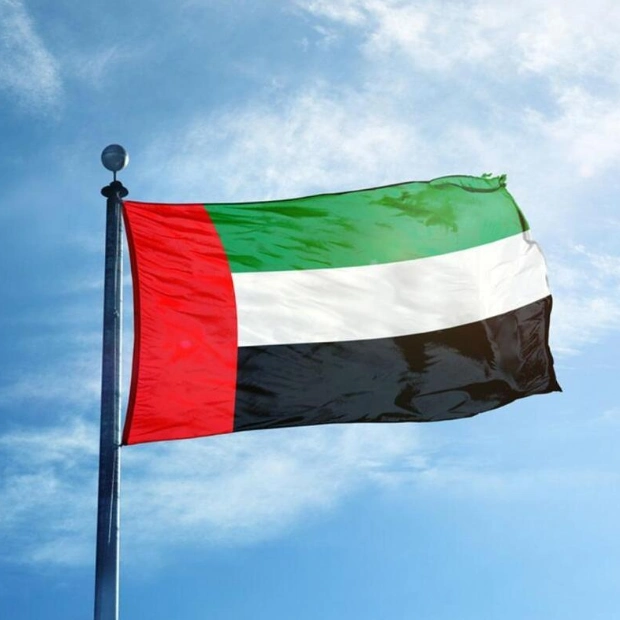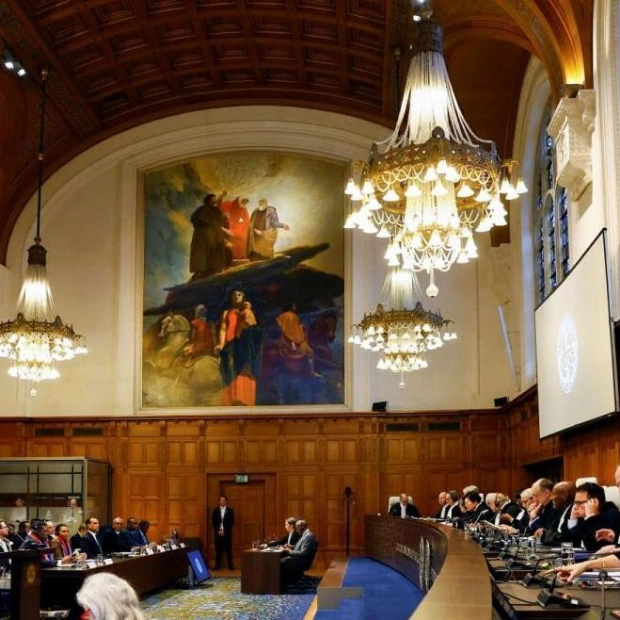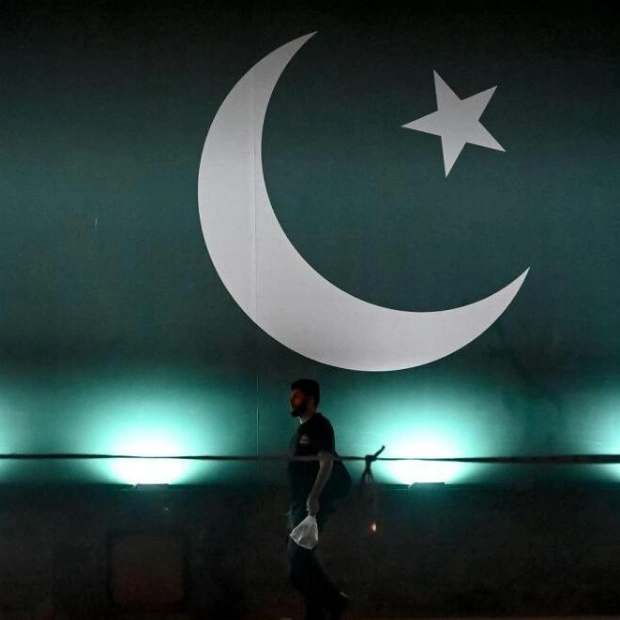On Saturday, newly elected UK Prime Minister Keir Starmer commenced his first full day in office, proclaiming himself 'restless for change' and vowing that economic growth would be the top priority of his Labour government. Starmer also reiterated his commitment to terminate the outgoing Conservative government's controversial plan to deport migrants to Rwanda, stating that the scheme was 'dead and buried before it started' and that he was unwilling to persist with ineffective deterrents.
The Labour Party secured a decisive victory in the recent elections, ending 14 years of Conservative governance. During his first cabinet meeting, Starmer addressed his team, which included Britain's first female finance minister, Rachel Reeves, and the new foreign minister, David Lammy, expressing his profound honor to have been invited by King Charles III to form the government. He emphasized the substantial workload ahead, urging his team to commence their duties immediately.
In his initial hours at Downing Street, Starmer appointed his ministerial team, following his party's resounding return to power with a 174-seat majority in the UK Parliament. Notable appointments included Patrick Vallance, the chief scientific advisor during the Covid-19 pandemic, who was named a science minister, and James Timpson, whose shoe repair company hires ex-offenders, appointed as a prisons minister. Both would be granted seats in the upper house of Parliament to serve in the government, despite not being elected lawmakers.
Starmer highlighted that these new ministers were chosen for their association with change and his resolve to bring tangible improvements to people's lives. His arrival at Downing Street was met with enthusiastic crowds of Labour supporters. However, his government faces significant challenges, including a stagnant economy, strained public services, and a prolonged cost-of-living crisis.
World leaders, including US President Joe Biden, President of the European Commission Ursula von der Leyen, and Ukraine President Volodymyr Zelensky, congratulated Starmer. However, former US President Donald Trump overlooked Starmer, instead celebrating the success of his ally Nigel Farage's far-right Reform UK party. Despite this, Labour's victory overshadowed other parties, nearing its historic high of 418 seats achieved under Tony Blair in 1997.
The Conservatives suffered a devastating defeat, winning only 121 seats, leading Rishi Sunak to apologize and announce his resignation as party leader. The election also marked significant gains for the centrist Liberal Democrats and a poor performance for the pro-independence Scottish National Party. The Green Party saw its best performance, quadrupling its MP count, while six independent lawmakers were elected, four defeating Labour candidates in areas with large Muslim populations.
